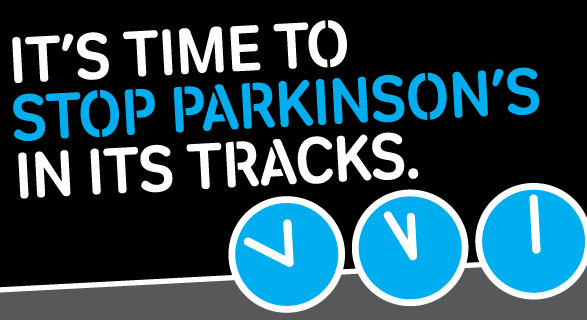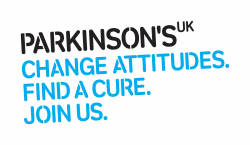To mark the beginning of Parkinson’s Awareness Week (10th-16th April) a new campaign has revealed a shocking lack of awareness surrounding the challenges those with Parkinson’s face trying to manage their condition.
The We Won’t Wait campaign has been launched today to highlight the urgent need to unlock the next step of research developments that could pave the way to better treatments for Parkinson’s. The main treatment hasn’t changed in 50 years, with no current medication available to slow down or stop the condition’s spread.
Our video features Donna, the third generation of women in her family to have Parkinson’s, with both her mother and grandmother diagnosed before her. Donna is committed to supporting research into the condition to find a cure, as she worries for her own daughter’s potential future diagnosis.
Donna is trying to avoid taking medication for as long as possible, as the side effects experienced by her mother were ‘devastating’ to see first-hand. They included hallucinations and forgetting who some of her closest family members were. Donna’s mother is now in a coma in hospital.
Donna was told in November 2016 by a private practice neurologist that she almost certainly has Parkinson’s. She is still awaiting a DAT scan via the NHS to confirm or deny her worst fears.
Parkinson’s affects almost every area of a person’s life with a range of physical and ‘hidden’ symptoms that include tremor, pain, sleep and mental health problems. Worryingly, there is a lack of public understanding of the day-to-day reality of living with the condition, with only a minority of people associating Parkinson’s with bladder or bowel problems (20%), anxiety (38%) and sleep problems, including insomnia and nightmares (32%).
The Parkinson’s UK ‘We Won’t Wait’ campaign aims to raise essential funds and awareness that will drive forward developments in Parkinson’s research and will hopefully help find more effective treatments that are desperately needed for the 127,000 people currently living with the condition.


